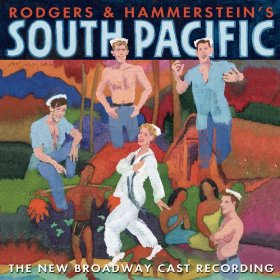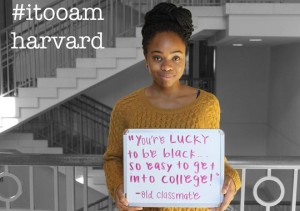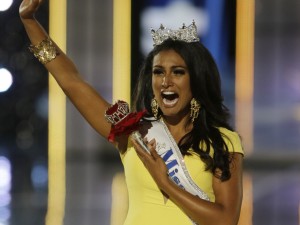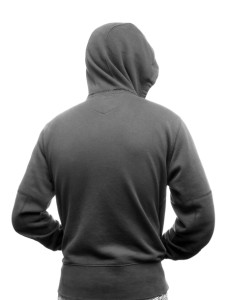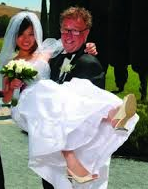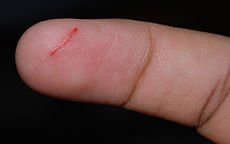Following the events in Ferguson, Missouri in which an unarmed black teenager was shot dead by a policeman, there have been many discussions on race relations in the US. One of the more interesting perspectives I’ve seen is the blog post a young white mother posted about her sons:
I have three sons, two years between each. They are various shades of blond, various shades of pinkish-white, and will probably end up dressing in polo shirts and button downs most of the time. Their eyes are blue and green. Basically, I’m raising the physical embodiment of The Man, times three. The White is strong in these ones.
She goes on to comment on the day-to-day experiences her sons are likely to have, living in the United States, starting with the following:
• Clerks do not follow my sons around the store, presuming they might steal something.
• Their normal kid stuff – tantrums, running, shouting – these are chalked up to being children, not to being non-white.
• People do not assume that, with three children, I am scheming to cheat the welfare system.
• When I wrap them on my back, no one thinks I’m going native, or that I must be from somewhere else.
• When my sons are teenagers, I will not worry about them leaving the house. I will worry – that they’ll crash the car, or impregnate a girl, or engage in the same stupidness endemic to teenagers everywhere.
• I will not worry that the police will shoot them.
She continues, giving examples from recent incidents in which an African-Americans woman was shot to death when she went to a house for help after a car mishap or when a young black man wielding a toy pistol was killed by police in a Walmart store – experiences her sons are unlikely to have.
She concludes:
My boys will carry a burden of privilege with them always. They will be golden boys, inoculated by a lack of melanin and all its social trapping against the problems faced by Black America. For a mother, white privilege means your heart doesn’t hit your throat when your kids walk out the door. It means you don’t worry that the cops will shoot your sons. It carries another burden instead. White privilege means that if you don’t school your sons about it, if you don’t insist on its reality and call out oppression, your sons may become something terrifying. Your sons may become the shooters.
Her comments echo those of Peggy McIntosh, a women’s-studies scholar at Wellesley College, in a widely read essay entitled “White Privilege: Unpacking the Invisible Backpack” in which she provides an extensive list of examples. Her essay was in the news earlier this year in the context of Princeton University freshman Tal Fortgang’s rejection of the idea that as a white male attending an Ivy League university he should “check his privilege”. It seems likely that such divergent views will continue, given the diversity of experiences of white and black US citizens. Interestingly, a good number of the protesters against the killing in Ferguson were white.

